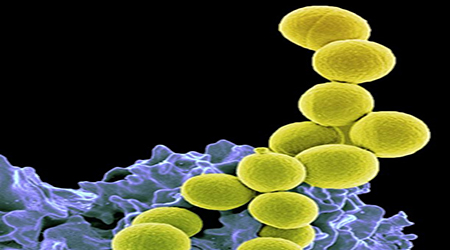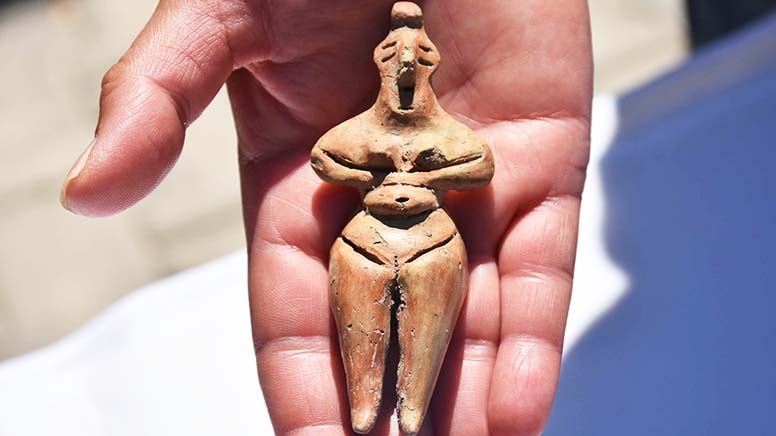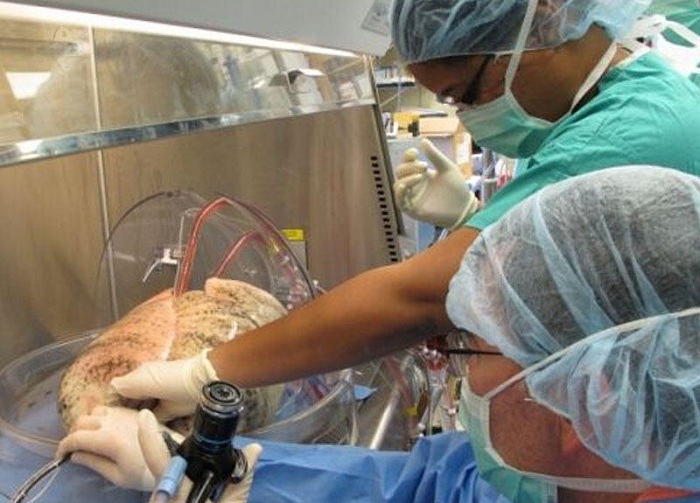
- A-
- A
- A+
New antibiotic found in human nose
Any new antibiotic is welcome because the world is running out of these life-saving drugs. But the researchers behind the new finding believe that studying the microbial warfare going on inside our bodies may lead to not just one, but a whole slew of novel drugs. “We’ve found a new concept of finding antibiotics,” Andreas Peschel, a bacteriologist at the University of Tübingen in Germany, said on Tuesday at the EuroScience Open Forum, a biennial science and policy meeting. “We have preliminiary evidence at least in the nose that there is a rich source of many others, and I’m sure that we will find new drugs there.”
Peschel and bacteriologist Bernhard Krismer, also at the University of Tübingen, started out investigating why roughly every third person carries a bacterium called Staphylococcus aureusin their nose. Most of the time, S. aureus is harmless, but occasionally, it causes severe, even life-threatening, disease—for instance when it gets into an open wound and causes sepsis. S.aureus is a notorious hospital dweller, and its drug-resistant form, known as MRSA (for methicillin-resistant Staphylococcus aureus) is a major public health problem, killing more than 10,000 people a year in the United States alone.
But why do some people carry S. aureus in their nose, whereas others don't? Analyzing human nasal secretions—also known as snot—Peschel and Krismer found that the nose is not a very hospitable niche for microbes. “If I were a bacterium I would not go into the nose,” Peschel says. “There is nothing there, simply a salty liquid and a tiny amount of nutrients.”
Similar News
Links



 Elm TV
Elm TV
 Photo
Photo
 Video
Video





